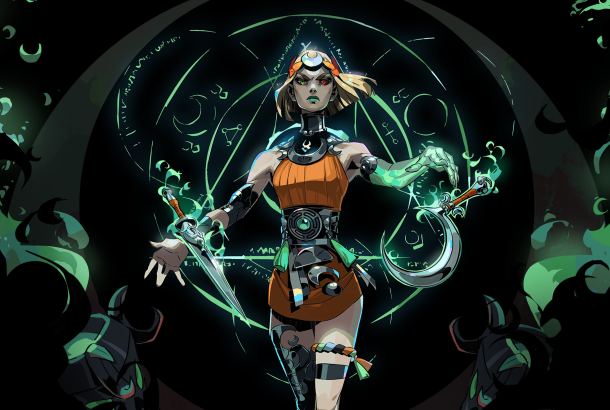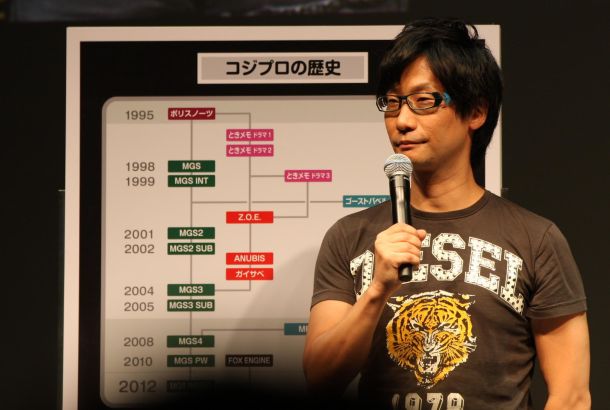Why are there so many weirdo video game merchants, anyway?
By Anna Pirie
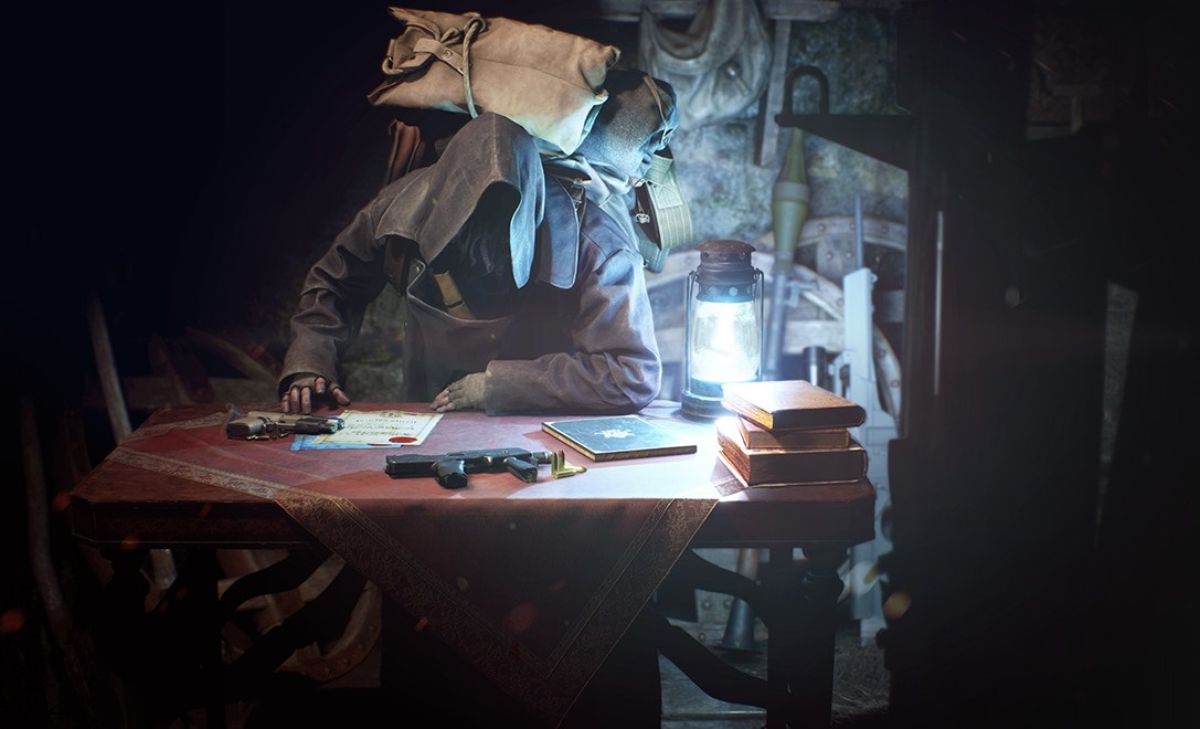
Merchants are, for many video game genres, essential. Rewarding players with money for them to later spend said money on new and shiny goods is a classic style of gamified progression, and reminds me of the good feeling I get in real life when I can spend my well-earned cash on a delicious potion (cappuccino) to keep me going. Consumerism!
And yet, there’s always something that’s bothered me about the merchants themselves, not the services they offer. There’s always something… off about them. It’s taken me years to connect the dots between all of these fictional shopkeepers, but I finally had the revelation as to what they all are: just funky little guys. Quirky dialogue, catchy music, funny little sounds, or phrases they spout whenever you buy something. That’s the key to repeat customers, I guess.
Of course, some are weirder than others. Many of the shopkeepers in Bethesda titles, such as Skyrim, tend towards the more normal end of the spectrum (although I can still hear Belethor’s too-enthusiastic offers to sell me his sister to this day), while the nameless Slay the Spire merchant tends towards the funkier end. He bobs around cheerfully, face concealed by a mask, mindlessly asking me if I’m more of a dog person or a cat person. His avatar also notably lacks arms, and yet when you’re brought into the shop user interface, his knobbly hand can be seen hovering over each item you examine, pointing shakily towards it. What a delightful little weirdo!
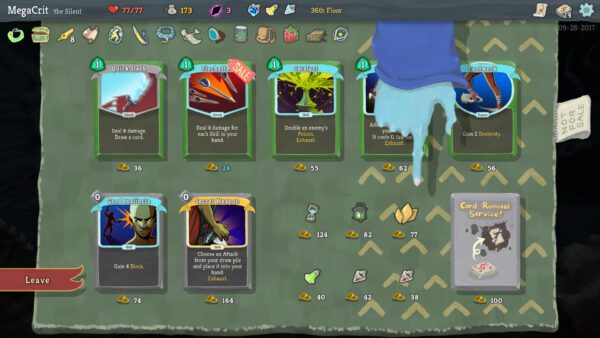
Like the Slay the Spire merchant, the majority of video game merchants end up having very little to do with the overall plot of their game. They tend to exist in a sort of external bubble, probably due to it being easier for developers to ensure that an essential gameplay feature such as buying and selling does not have any chance of accidentally being removed from the player, lest the merchant be killed or otherwise antagonised during story conflict.
Indeed, many game merchants are external to the key conflict, seemingly in order to function as a reprieve from it. The Slay the Spire merchants’ shops are free from enemies, granting the player a respite from taking damage. Likewise, the world of Hollow Knight is difficult to navigate and actively hostile, but hearing the cheerful humming of the cartographer Cornifer in a new and unfamiliar area can alert the player to the presence of a nearby friend and a safe spot to rest for a moment. Cornifer might be a bit silly and absent-minded, seemingly managing to get himself into the most dangerous spots without really noticing it, but I can only be thankful to him for the simple reason of him being a friendly face (and for his maps, considering how poor my sense of direction is).
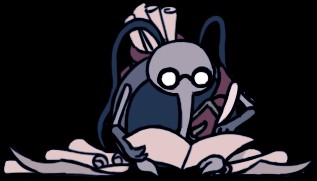
One of the earliest establishments of the weirdo archetype is the Resident Evil 4 merchant, famed for his catchphrases. Earlier this year, I actually had the pleasure of playing (and writing about) the RE4 remake, which – much to my delight – included the merchant himself. It’s easy to see why he’s so popular, given the inherent mystery behind him as a character. Why is he helping me? How does he seem to know about the dangers up ahead? Is he infected with the Plagas as well? What’s with the inexplicable accent?
The RE4 merchant – who, like many funky shopkeepers, goes nameless – was an obvious inspiration to the newest Resident Evil weirdo: the Duke, featured throughout Resident Evil Village. Capcom even goes so far as to have the Duke reference the RE4 merchant, referring to him as “an old friend of mine.” The Duke acts as a sort of evolution of the archetype of the uninvolved merchant, explicitly helping protagonist Ethan. His strange mannerisms, apparent otherworldliness, and aristocratic demeanour are as off-putting as they are endearing, making for a character I was never quite comfortable with – appropriate for a horror game, I suppose – but nevertheless liked. As the game draws to a close, the Duke appears more like a genuine friend than perhaps any other character.
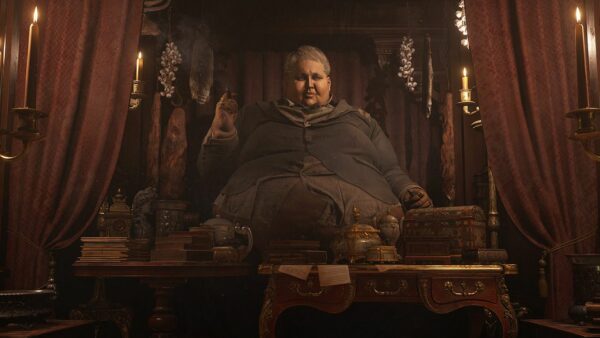
While I do truly love these silly little merchant fellows as they are, I did think it odd that no studio ever thought to subvert this archetype – until recently.
One of the most memorable uses of the weird merchant in recent memory has to be the characters of Brok and Sindri in the recent God of War demi-reboots. A reinterpretation of the mythological dwarven brothers who created Thor’s hammer, Brok and Sindri act as two sides of the same shopkeeper’s coin. Sindri’s portrayal as the cowardly germophobe is genuinely quite amusing, while Brok will swear loudly in a Texan accent, and I guess that counts as humour.
However, it is their involvement in the narrative that distinguishes them. They actively assist protagonists Kratos and Atreus, a choice attributed to their shame for creating Mjolnir – which is framed as a weapon of mass destruction. During God of War: Ragnarök (spoilers!), Brok’s murder at the hands of Odin causes Sindri to blame Kratos and Atreus, severing all ties with them in a fit of grief and rage. Given Sindri’s previous kinship with Atreus – as the game includes long periods of them working together and confiding in one another, upgrading Sindri from an immobile merchant to the role of companion – this fate is genuinely devastating. For the remainder of the gameplay, a different dwarf takes over the role of shopkeeper.
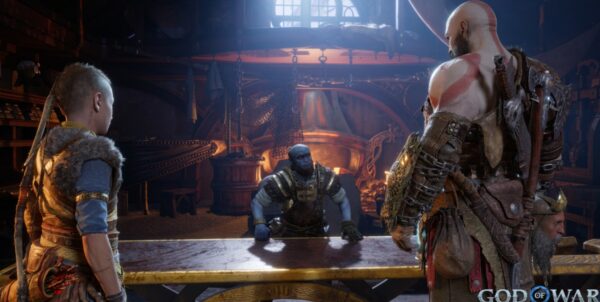
The writers at Santa Monica appear to have become aware of players’ expectations regarding merchant characters, and have written Brok and Sindri’s story to deliberately transcend these expectations. Sindri’s tear-stained, reddened face, as he appears at his brother’s funeral, is a pretty far cry from how he was introduced: as a funny little man to be made fun of.
The archetype of the weirdo merchant is ultimately a multipurpose tool for developers. Merchants can assist the player, provide entertainment through the form of humour, or even have their role become subverted later in the story’s narrative. Or, they can simply be a memorable, non-hostile NPC for the player to take refuge with for a moment. Either way, I suspect I will be on my deathbed, still quoting the RE4 merchant’s “I’ll buy it at a high price!”
